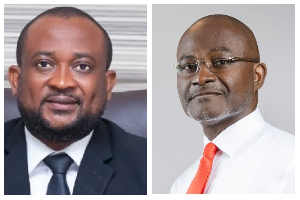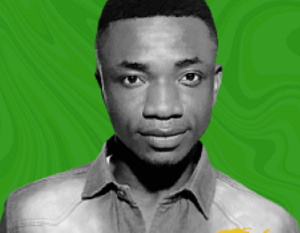By Jonathan Wilson in Johannesburg
For African football, this has been a bleak World Cup. Had Serbia been awarded the late penalty they surely should have been against Australia, and converted it, there would have been no African teams in the second phase of the competition for the first time since 1982, and the metanarrative of African progress to which football has subscribed for 20 years would have been exposed as the simplistic cant it is.
As it is, Ghana went through at the Serbs’ expense, which is probably as it should be, for the Black Stars provide a model for other African nations. They were the best of the World Cup-qualified sides at January’s African Cup of Nations in Angola, losing in the final to Egypt, and they have produced the most consistent, coherent football of any African side over the past six months. So what sets them apart?
EDITOR’S CHOICE Gideon Rachman: Hail to the new world (cup) order - Jun-28.Capello prepares for FA showdown - Jun-28.In depth: World Cup 2010 - Jun-23.France crowned World Cup losers - Jun-28.Fast Germans outpace England - Jun-27.French bare soul over World Cup own goal - Jun-23..When the urbane Bosnian Vahid Halilhodzic was sacked as coach of Ivory Coast in February, after his side’s quarter-final exit in Angola, he highlighted three reasons that African football has not developed at national level since Cameroon’s quarter-final appearance in 1990: corruption, disorganisation and the dominance of individual players.
“One of [the] biggest problems is the fact that most of the players are very narcissistic, individuality comes first,” he said. “The socio-economic status in Africa plays a big role; that is where that individualism comes from, everybody wants to assert themselves and create a chance to play in Europe. The personal has precedence over team interest, so there is a lack of team spirit, and this makes it impossible to create winners.”
It would be naive to believe that Milovan Rajevac, Ghana’s Serbian coach, has been able to do much about the corruption endemic in West African football. His increasingly hangdog expression suggests that he is also struggling with the disorganisation – thanks to poor preparation, Ghana ended up moving training bases in the first week of even this tournament. But where he has had notable success is in asserting his own authority, and stamping down on the egos that have undermined, for instance, Cameroon’s World Cup.
Last November, three of Ghana’s more feted players, Michael Essien, Asamoah Gyan and Sulley Muntari, failed to turn up for a friendly against Angola. Mr Rajevac fined each $3,000 and when Muntari was slow to pay and less than apologetic, the coach left him out of the squad for the Cup of Nations. Given he plays for the Italian champions Internazionale, many had assumed Muntari was fire-proof; here was evidence nobody was safe.
The Cup of Nations could have gone badly wrong. Ghana were without not only Muntari, but also a host of senior figures who were injured. Mr Rajevac turned to the side that had won the Under-20 World Cup last year, and found a biddable clutch of players who got on well. Six of them have been included in the World Cup squad, with the likes of the winger Dede Ayew and the midfielder Kwadwo Asamoah key parts of the side.
Their success means older players now have to fall into line and the result is a squad that – with the possible exception of Muntari who, having been recalled to the fold, had another spat with his coach this week – is harmonious and obedient. They pray together, sing together and seem genuinely to have fun together. And most importantly, they follow Rajevac’s instructions knowing the consequences if they don’t, even if certain players – perhaps a touch mischievously – give the impression they find them mystifying. “The coach is good,” the centre-back John Mensah said. “We all know that. He does his tactical thing and we do what he says.”
Sports Features of Thursday, 1 July 2010
Source: Jonathan Wilson












